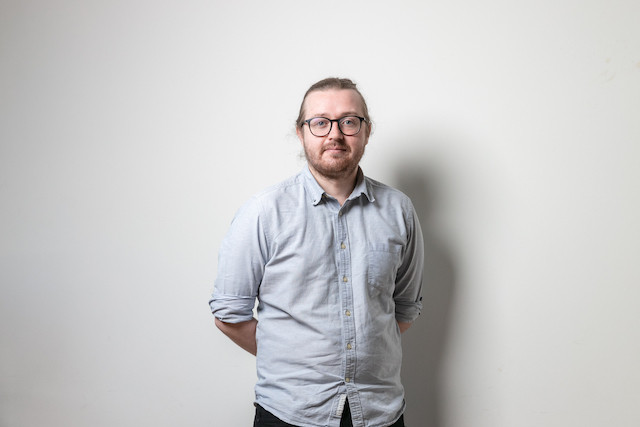Jess Bauldry: What’s your business premise?
Maana Electric uses its proprietary in situ resource utilisation technologies to produce solar panels using locally available resources. It means that on Earth, we can deploy one of our small factory systems to a desert area, and we can use the local desert sand to produce fully functional solar panels. Our long-term goal is to do the same on the moon, where we would send one of our small factories to use the local moon dust, the regolith, to produce fully functional solar panels on the moon. And we sell solar panels, and build and operate these small factories.
Luxembourg doesn’t have much sand or sun. Why settle here?
What Luxembourg does have is a very great space community, and of course our technologies come from the space industry. Originally, that’s why me and the co-founders created [the company]. We have the experience from the space sector, and Luxembourg is one of the few places that have the legal framework which would allow us to use those space resources. The space portion will always be a critical part of our business. We see the terrestrial portion as a kind of stepping-stone to allow us to test our systems to improve on them before sending them to the moon.
When is that likely to happen?
That’s something that we hope we could achieve by the end of the decade, but it’s going to take some time. It’s very much dependent on all the other players in the market. In terms of a mission, it is not a small feat. It would be in line with landing a rover on Mars. It will take a lot of time, effort and people to make it happen, so we’ve a long journey ahead.
Space aside, how has it been received here on Earth?
The solar panels that we are intending to produce here on Earth are meant for the energy industry or solar project developers. In general, the reception is good because they see it’s different to what they have seen in the past. Yes, you can buy solar panels in China, but here we are coming with a really different angle and we do have advantages over other processes. We are much cleaner in the production process. Standard solar panels have a lot of toxic chemicals that are used in them. Also, a lot of carbon emissions are used in the production process. We don’t have that issue. And then, we had the Suez dilemma recently, which makes everyone think, ‘Okay, how about local production?’ It can be useful to have local production. And that’s really what we focus on with our technology.
You’re competing with big players in China, which manufactures the lion’s share of solar. How did that happen?
The solar revolution really happened in Europe. Until 2008, Germany was the biggest manufacturer of solar panels in the world. But, following the financial crisis, the Chinese government dumped a lot of capital into this industry. China has basically taken over, not just in solar, but in many things, as the manufacturing state of the world.
I understand you’re moving in June to a new site in Foetz. Are there other expansion plans?
We needed more space, so we’re going to have close to 2,000 square metres. It will be both for R&D, manufacturing and assembly. For now, we see this as a place we can settle for a longer time and we also have the possibility to expand it. We’re always looking to grow, but first we have to get our full facility operational, which will be early next year. Once that’s done, we will look at the next step.
This article was originally published in the May 2021 edition of Delano Magazine.
